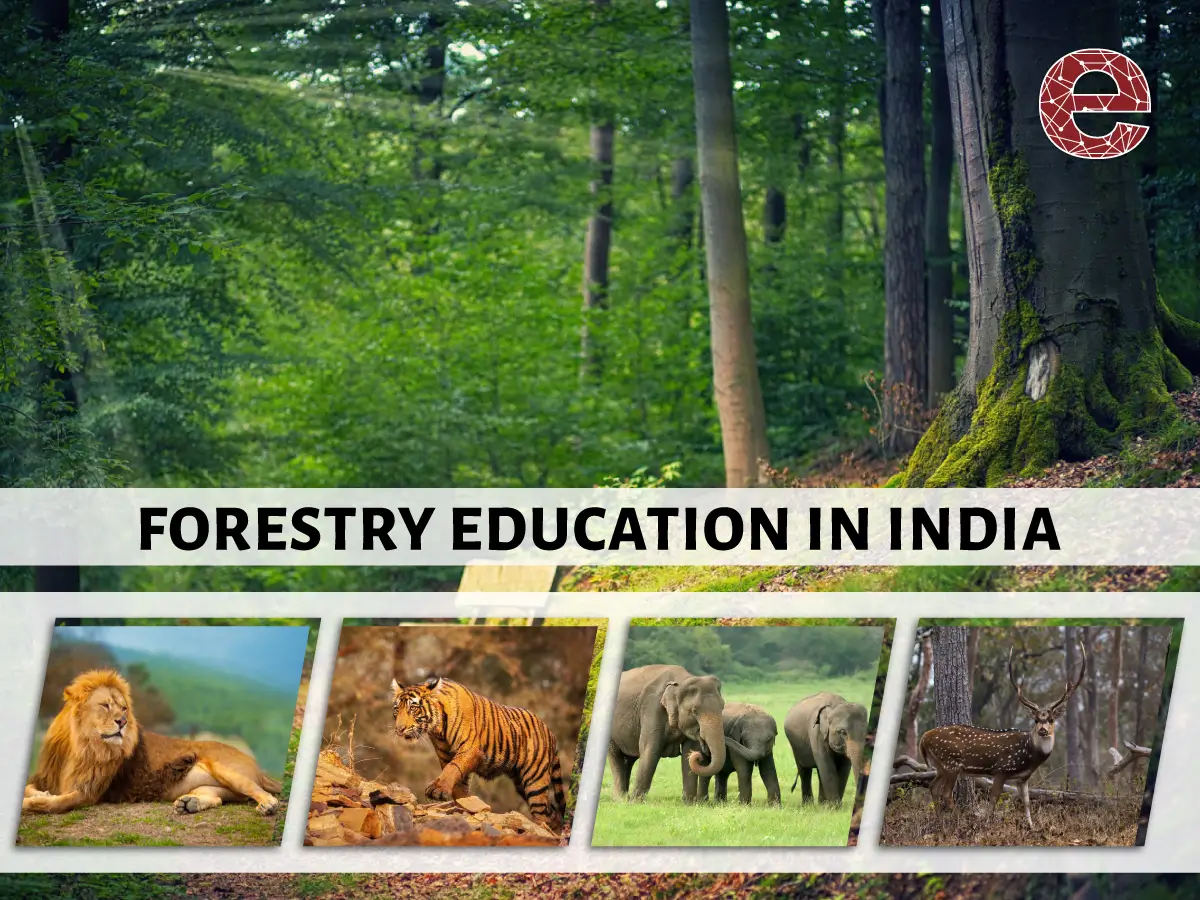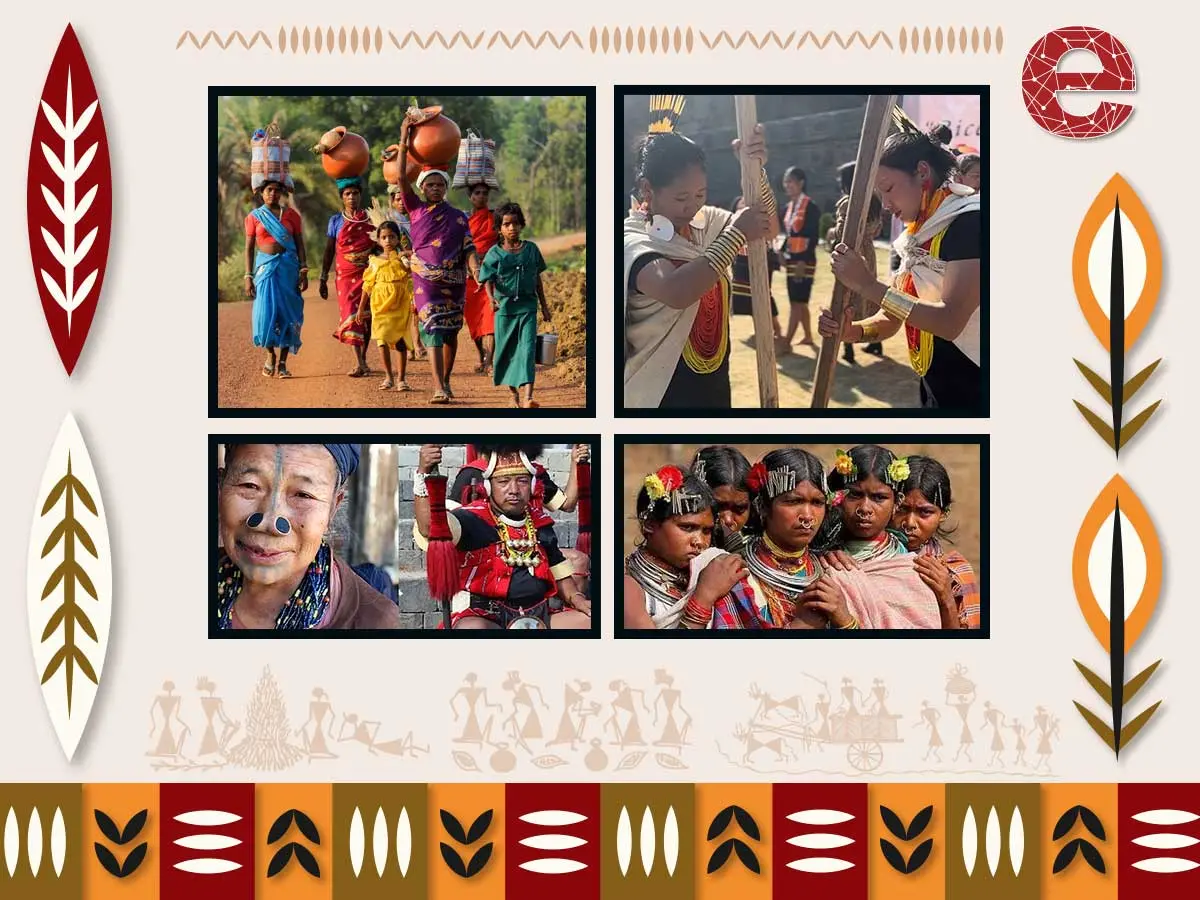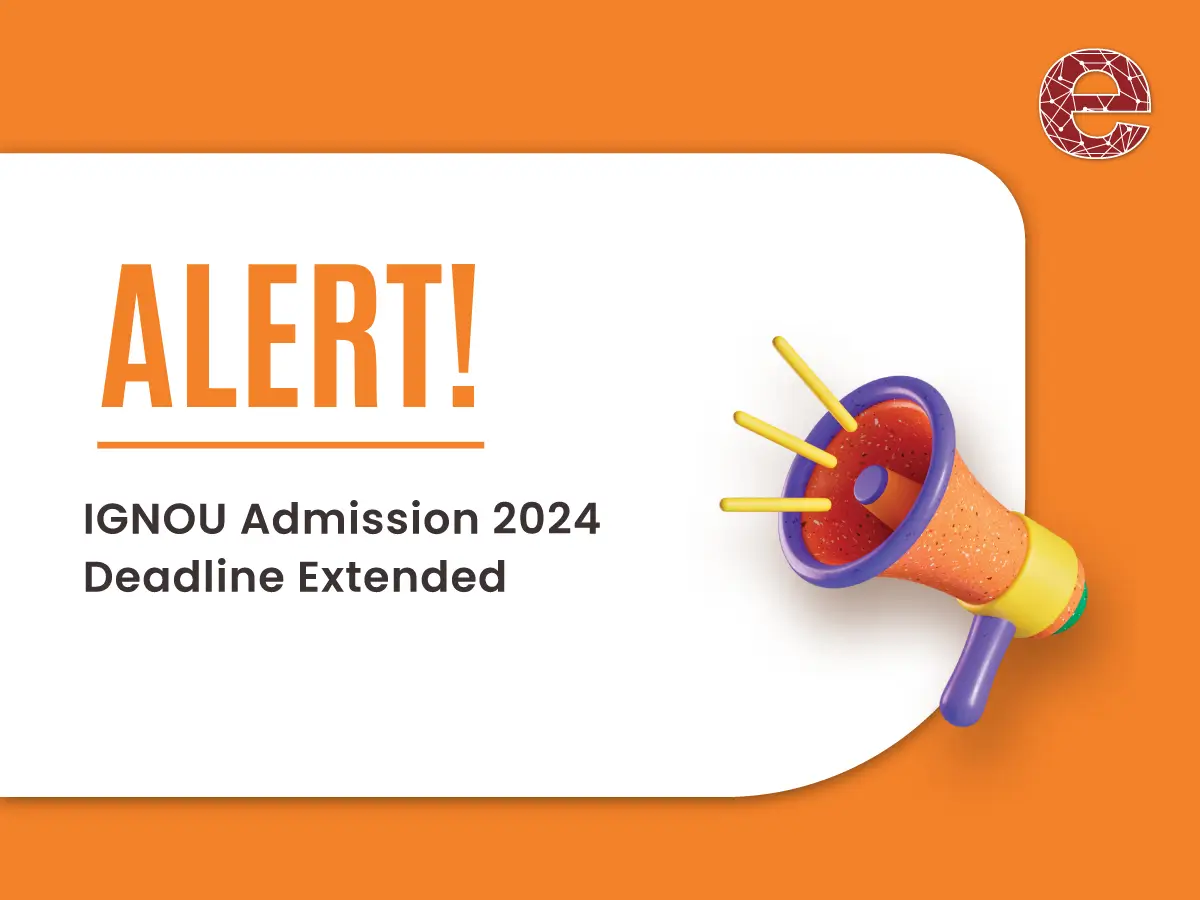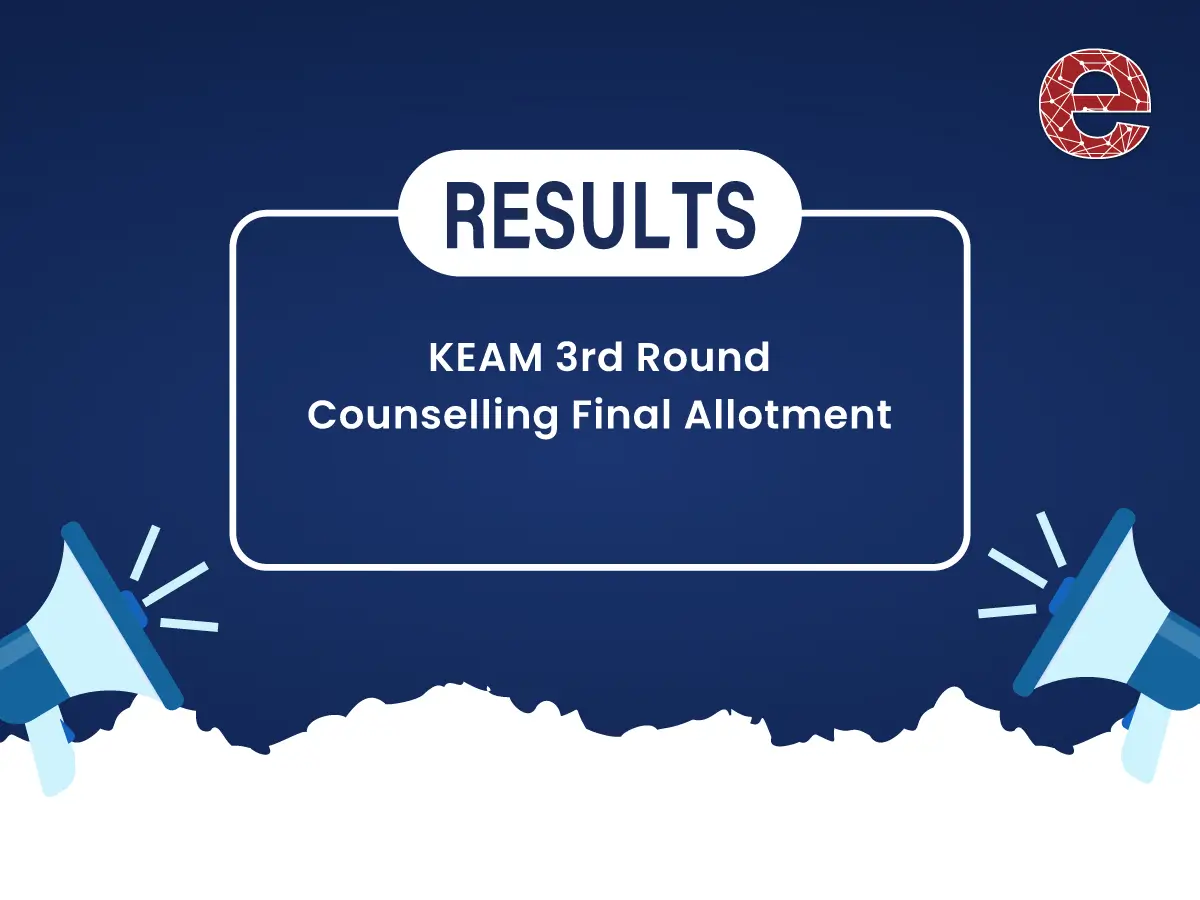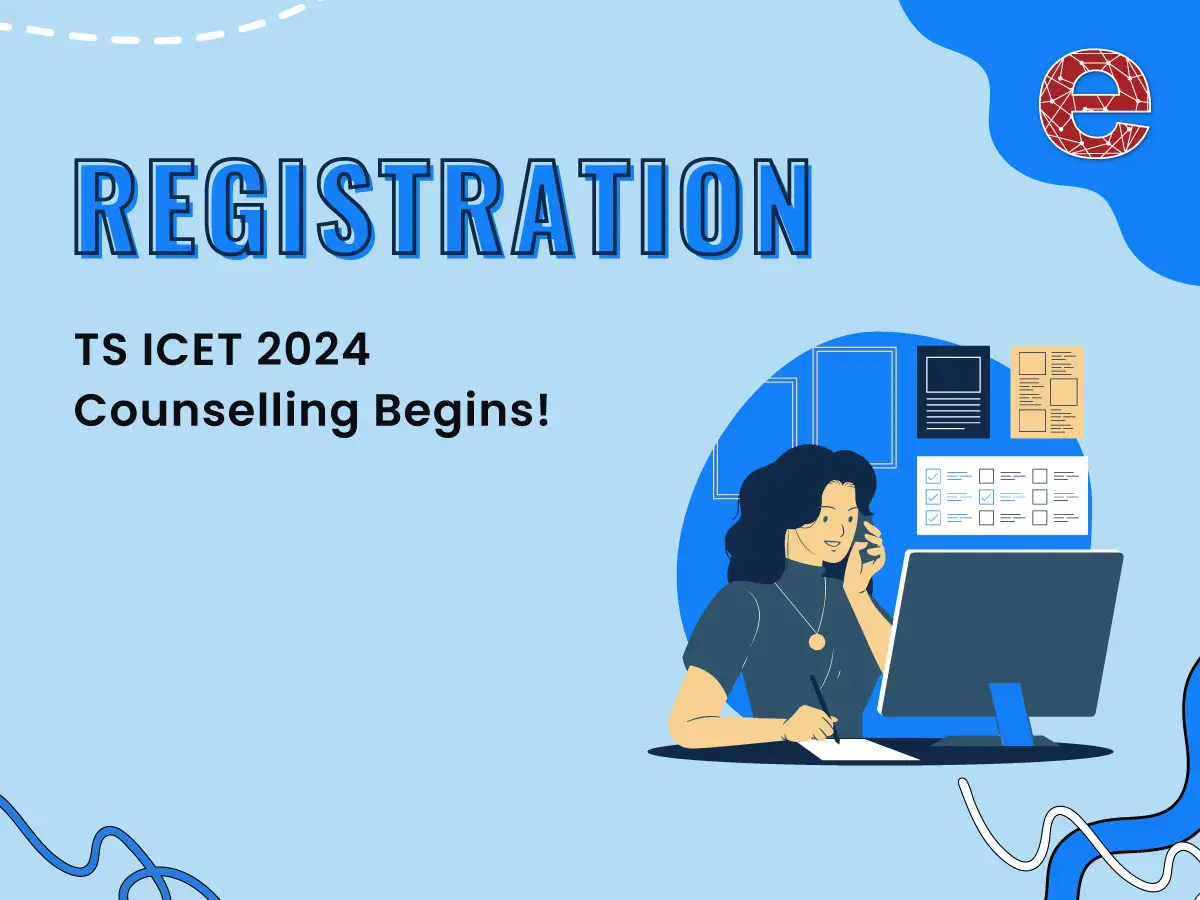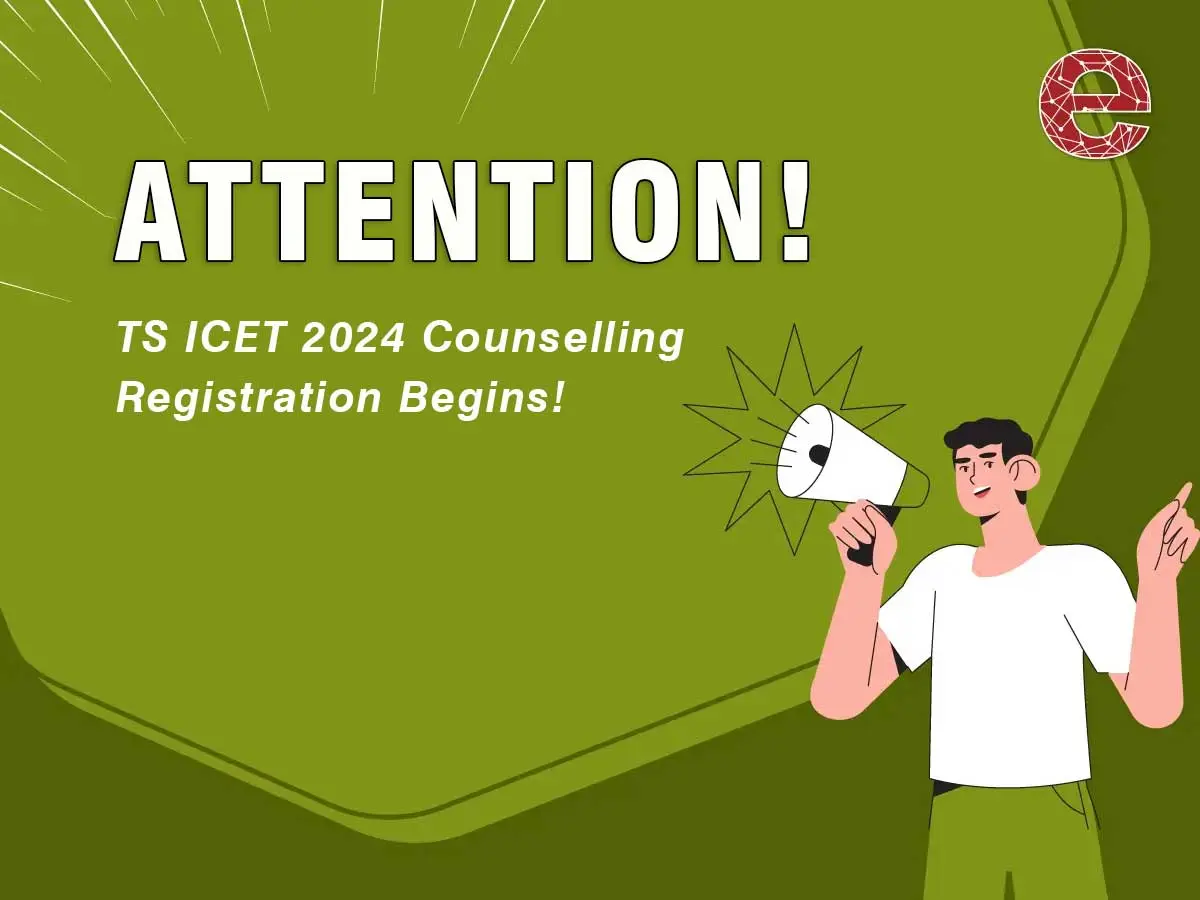Maharashtra Government Paves the Way: Girls to Receive Free Higher Education
Education News
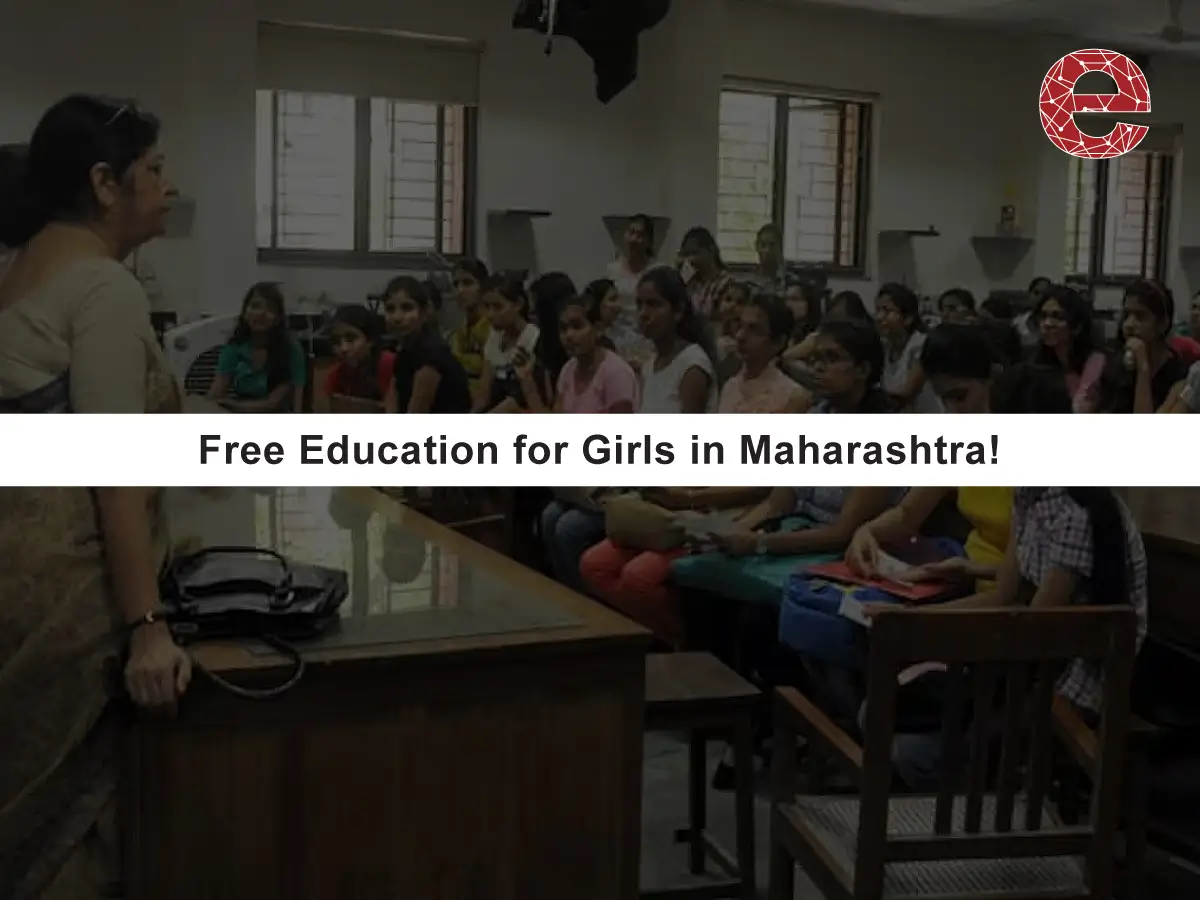
In a significant move to support women ahead of the assembly elections later this year, the Maharashtra government announced on Monday that the higher education will be free for girls belonging to the Economically Weaker Section (EWS), Socially and Economically Backward Classes (SEBC), and Other Backward Classes (OBCs).
Chief Minister Eknath Shinde presided over the cabinet meeting, which also decided to remove tuition and exam expenses for orphan students (male and female) through a government resolution (GR). It further stated that the decision will cost Rs 906 crore and be implemented starting in the academic year 2024–2025. According to a GR, female students seeking admission to recognised vocational courses through the Centralised Admission Process at government colleges, aided private colleges, semi-aided private colleges, non-aided colleges, polytechnics, autonomous government universities, and open universities can take advantage of the facility.
Higher and technical education departments provide medicine, pharmacy, agriculture, animal husbandry, pisciculture, and dairy development courses. Students from private autonomous institutions or self-funded universities and those who enrol through management or institutional quotas will be ineligible for the plan.
According to the GR, female students whose yearly family income is Rs 8 lakh or less and who are from EWS, SEBC, or OBC are eligible for free remission. New admissions and students pursuing an education degree will both qualify for the plan. In the state budget, Maharashtra Deputy Chief Minister Ajit Pawar announced Mukhyamantri Annapoorna Yojana (aimed at providing three unrestrained cylinders to women, offering significant financial relief), Mukhyamantri Yuva Karyaprashikshan Yojana and Mukhyamantri Krishi Pump Yojana, Mukhyamantri Majhi Ladki Bahin Yojana (eligible women aged 21 to 60 years will receive a monthly allowance of Rs 1,500, providing a secure financial support) and a scheme to provide free education to women).
Before the state assembly elections, the opposition had questioned the financing source for these programs and asserted that their goal was to win over female votes. However, Chief Minister Shinde has stated that financial provisions have been established for the projects, and the initiatives would be permanent.
- Higher Education


